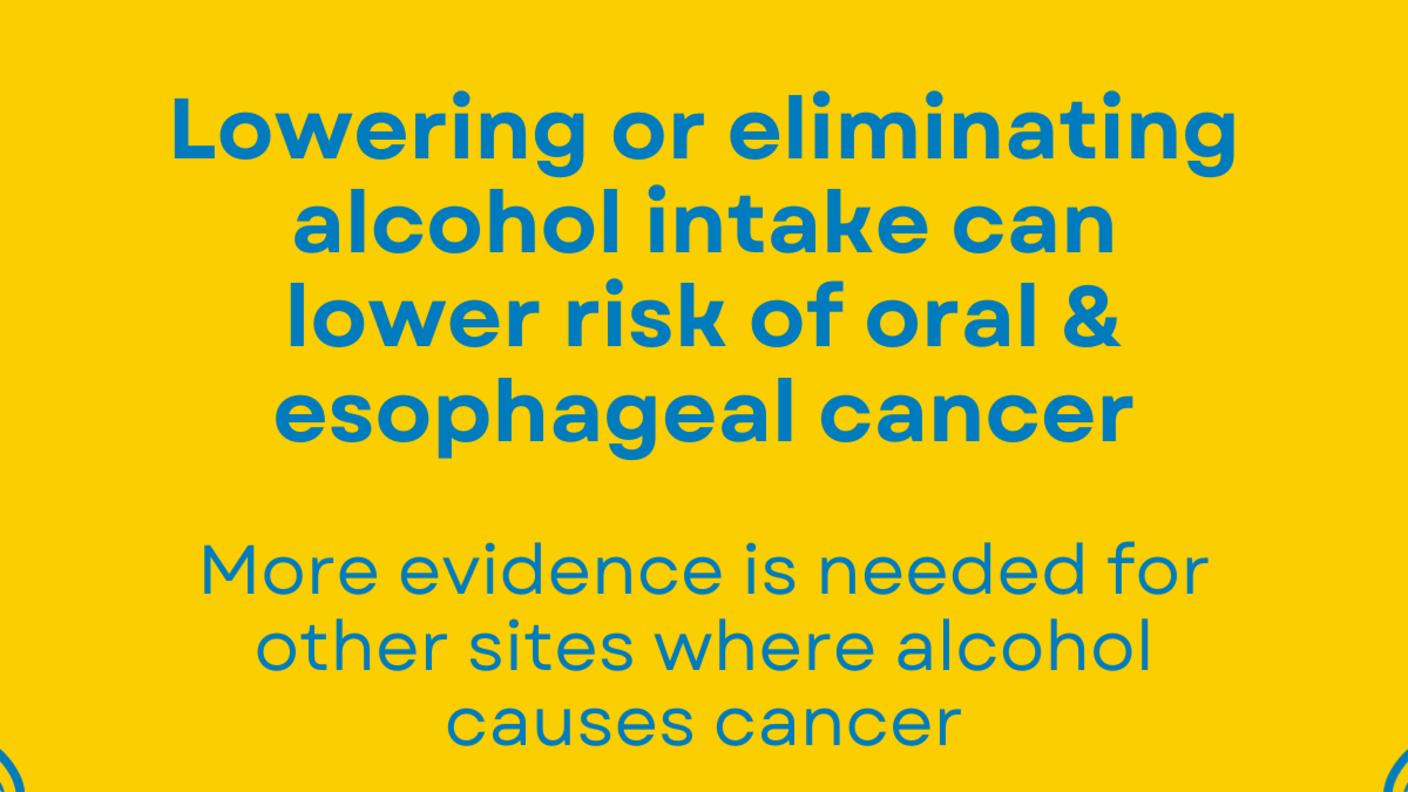
Christian C. Abnet, Ph.D., M.P.H.
NCI Shady Grove | Room 6E410
Biography
Dr. Christian Abnet is a leading expert in the etiology of esophageal and gastric cancer and in the study of the oral microbiome. Dr. Abnet earned a Ph.D. in environmental toxicology from the University of Wisconsin and an M.P.H. in epidemiology from the University of Minnesota. He joined the NCI as a Cancer Prevention Fellow in the Division of Cancer Prevention and subsequently was appointed as a tenure-track investigator in DCEG. In 2014, he was awarded scientific tenure by NIH and then named Director of the Metabolic Epidemiology Branch the following year. In recognition of his commitment to training the next generation and his skills as a mentor, Dr. Abnet received the DCEG Outstanding Mentor Award in 2009.
Dr. Abnet serves as a principal investigator for the Nutrition Intervention Trial, the Golestan Cohort Study, several case-control studies, and the Connect for Cancer Prevention Study cohort. He is an elected member of the American Epidemiological Society.
Research Interests
Dr. Abnet's work focuses on the etiology of esophageal and gastric cancer. His research interests are driven by a desire to meet the needs of populations in limited-resource settings who are at highest risk for these diseases.
Etiologic Studies of Esophageal and Gastric Cancer
Esophageal cancer presents one of the most uneven worldwide geographic distributions of all cancers with several regions of extraordinarily high incidence. There are two primary bands of high-incidence populations with one stretching across central Asia from China to Iran and a second spanning East to Southern Africa. Overall, gastric cancer patterns appear distinct from esophageal cancer, but populations with high rates of esophageal squamous cell carcinoma (ESCC) tend to have co-occurring high rates of gastric cardia adenocarcinoma. Tobacco smoking and excessive alcohol drinking account for most ESCC in the US and similar countries, but these factors play little or no role in high-incidence populations.
Dr. Abnet studies the complex pattern of incidence and differing etiologic factors for these two malignancies and the multiple risk factors across diverse populations that share high rates of ESCC and gastric cardia adenocarcinoma. Specifically, he examines the nutritional underpinnings of ESCC and upper gastrointestinal (UGI) cancer, with a focus on the role of vitamins D, C, and B; and tobacco, alcohol, and other harmful habits.
Dr. Abnet is a member of the African Esophageal Cancer Consortium (AfrECC).
Genetics and Genomics
The advent of genome-wide association studies has allowed Dr. Abnet to pursue powerful genetic studies of these cancers in high- and low-incidence populations. In a first study of ESCC and gastric cardia adenocarcinoma in ethnic Chinese subjects, Dr. Abnet and colleagues found that a single locus encompassing the phospholipase C, epsilon 1 (PLCE1) gene was the top hit for both cancers. In the future, this team will complete additional work on susceptibility to gastric cancer in Chinese populations and complementary studies of ESCC and gastric cancer in Caucasians. This comprehensive examination across continents will provide the fullest possible understanding of the genetic contribution to the apparent etiologic differences.
Oral Health and Oral Microbiome
Dr. Abnet also carries out research into the bacterial milieu of the upper digestive tract. He has shown associations between oral health and UGI cancer risk in China, Finland, Iran, and India, and is now exploring potential underlying mechanisms between oral health and risk of UGI cancers overall. He has completed one of the first large, prospective epidemiologic studies of the upper digestive tract microbiome and found associations with pre-neoplastic conditions in both the esophagus and stomach. He is employing the National Health and Nutrition Examination Survey (NHANES) study to assess the impact of tobacco on the oral microbiome. This study is the first to characterize the effects of tobacco on the oral microbiome in a nationally representative study population and allows for the examination of the association between the oral microbiome and tobacco-related diseases. It is funded by the Food and Drug Administration’s (FDA) Center for Tobacco Products through a trans-NIH—FDA collaboration coordinated by the NIH Tobacco Regulatory Science Program.
Information for Journalists
To request an interview with a DCEG investigator, please complete this form: Request For Comment | HHS.gov.

